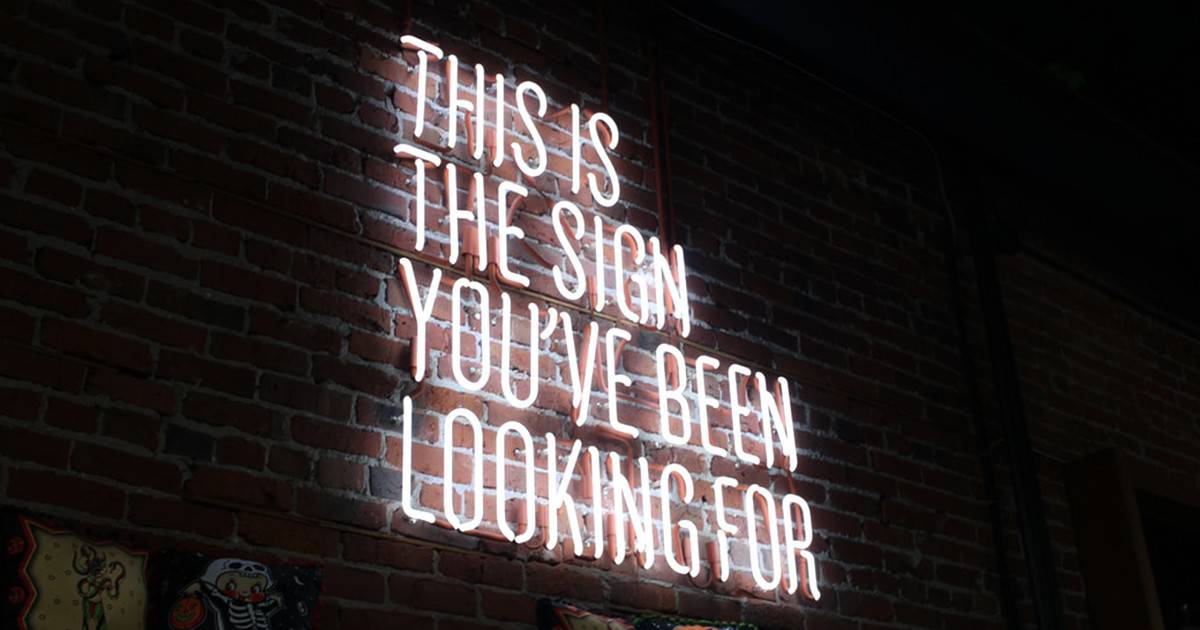I am a representative of Generation Y, who was growing up with evolving technologies: old fashioned black and white Siemens phones, screen wallpapers from the backs of magazines, polyphonic melodies.
Later they were taken over by smaller mobile phones, the One.lt boom, and eventually – the touchscreens and the first Facebook steps in Lithuania. Then I didn’t even think that everything I post online represents me.
Only now, when the personal brand has become an essential part of everyday life, following the advice of my colleague Inga about creating a personal brand, did I think that the image is not only limited to social media. Research shows that 70% of human resource departments have rejected candidates because of the information found online, and 50% of companies have removed candidates from the selection process for the publicly found information.
So I decided to type my name to Google search. If you’ve never tried to google yourself, now it’s the right time to do that.
I will admit, not all the results that appeared made me happy. While googling myself, I came across some strange websites that I may have visited before, but surely don’t remember their logins, as well as content uploaded by others or humiliating photos I would like to remove from the public space. It feels weird to think that this information could be seen by my employer or clients I have to interact with daily. So what should be done when managing a personal brand?

It’s important to know that I have the right to remove information and pages. Since 2014, the Court of Justice of the European Union has ruled Google and other search engines in Europe to allow individuals to request sites to delete specific search results for a person’s name, if the information is inappropriate, insignificant, or too excessive, according to data processing purposes. All you have to do to remove any type of content is to fill out this form.
However, if I want to have a personal brand, it’s a good idea to start with the creation of purposeful content. The following simple questions will help you do that:
If I don’t want to restrict my content posted in public space, but still wish to maintain an appropriate brand image, there is an alternative solution: one official social media account on LinkedIn, which represents my name. There, I can share professional messages, intended for future employers, clients, and my target audience. The content of this account can be more formal. All other social accounts should be made private. If I don’t want companies to track my social networks, it is recommended to change your account names to the ones that would be harder to find. For example, you can choose your forename and your middle name or nickname.
After all this googling, I came to an understanding that the importance of a personal brand is undeniable. Nowadays, it is essential to build a good-quality professional image and reputation so that you wouldn’t have to blush in front of your employers and clients ever again.